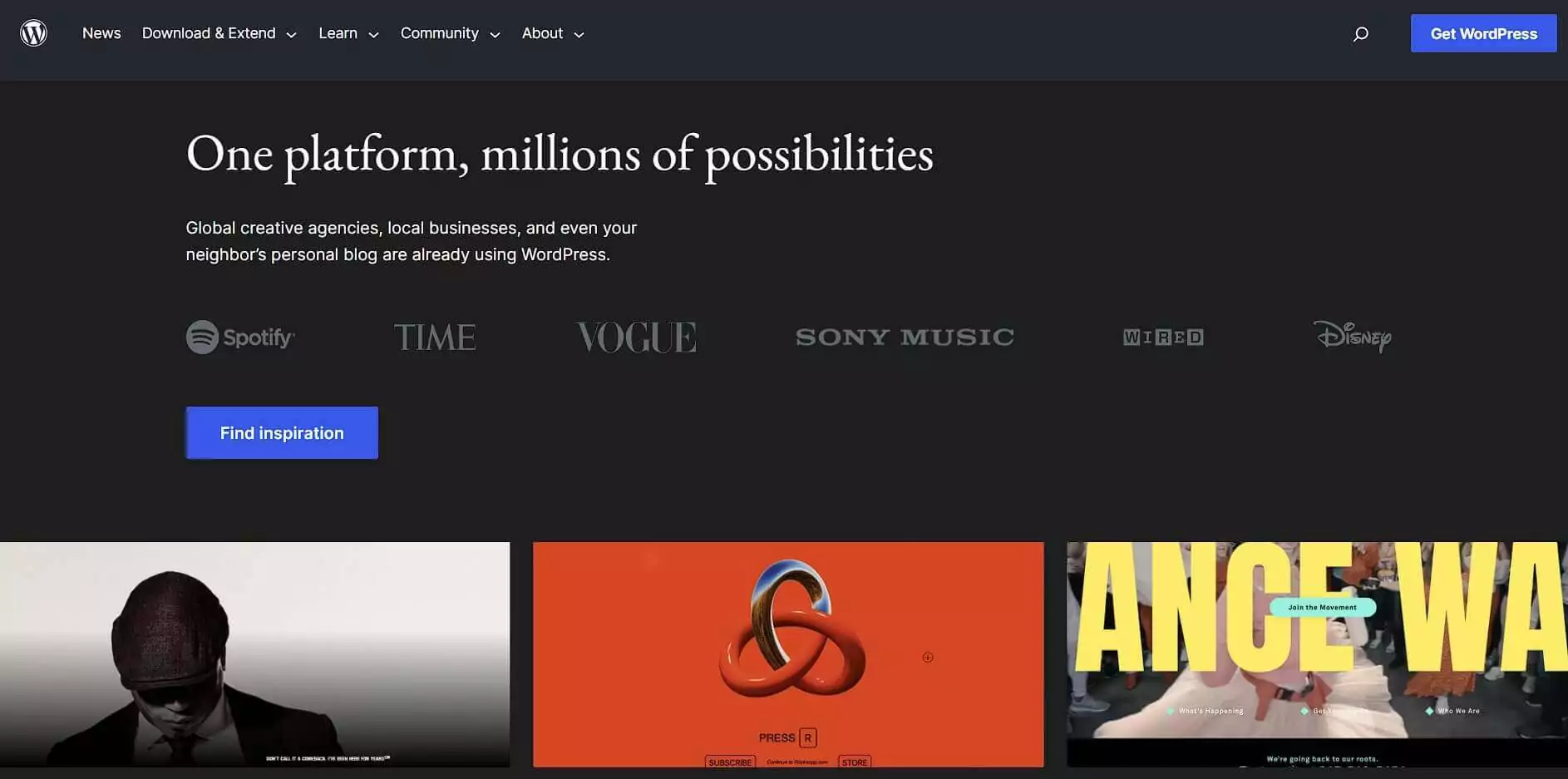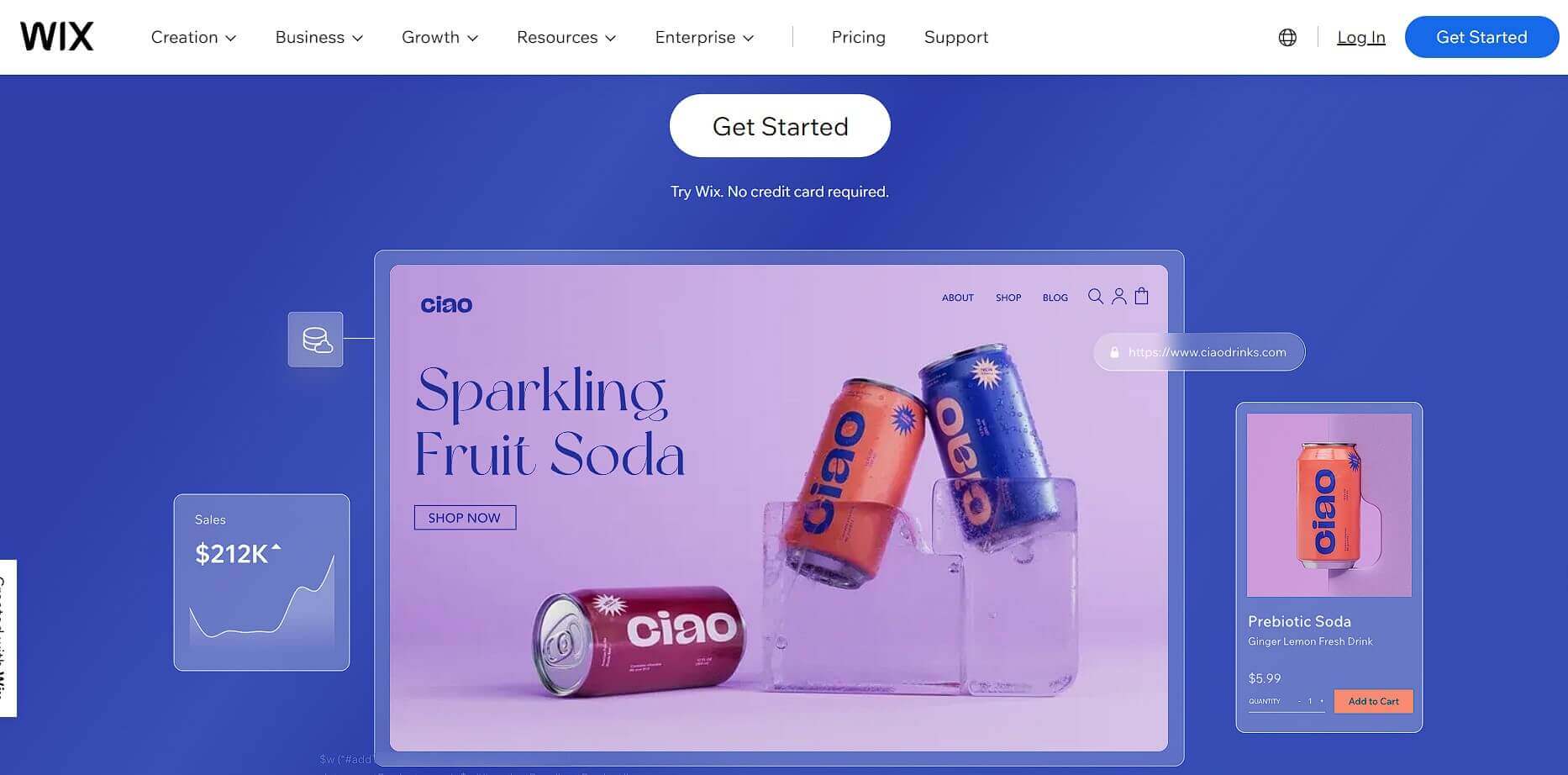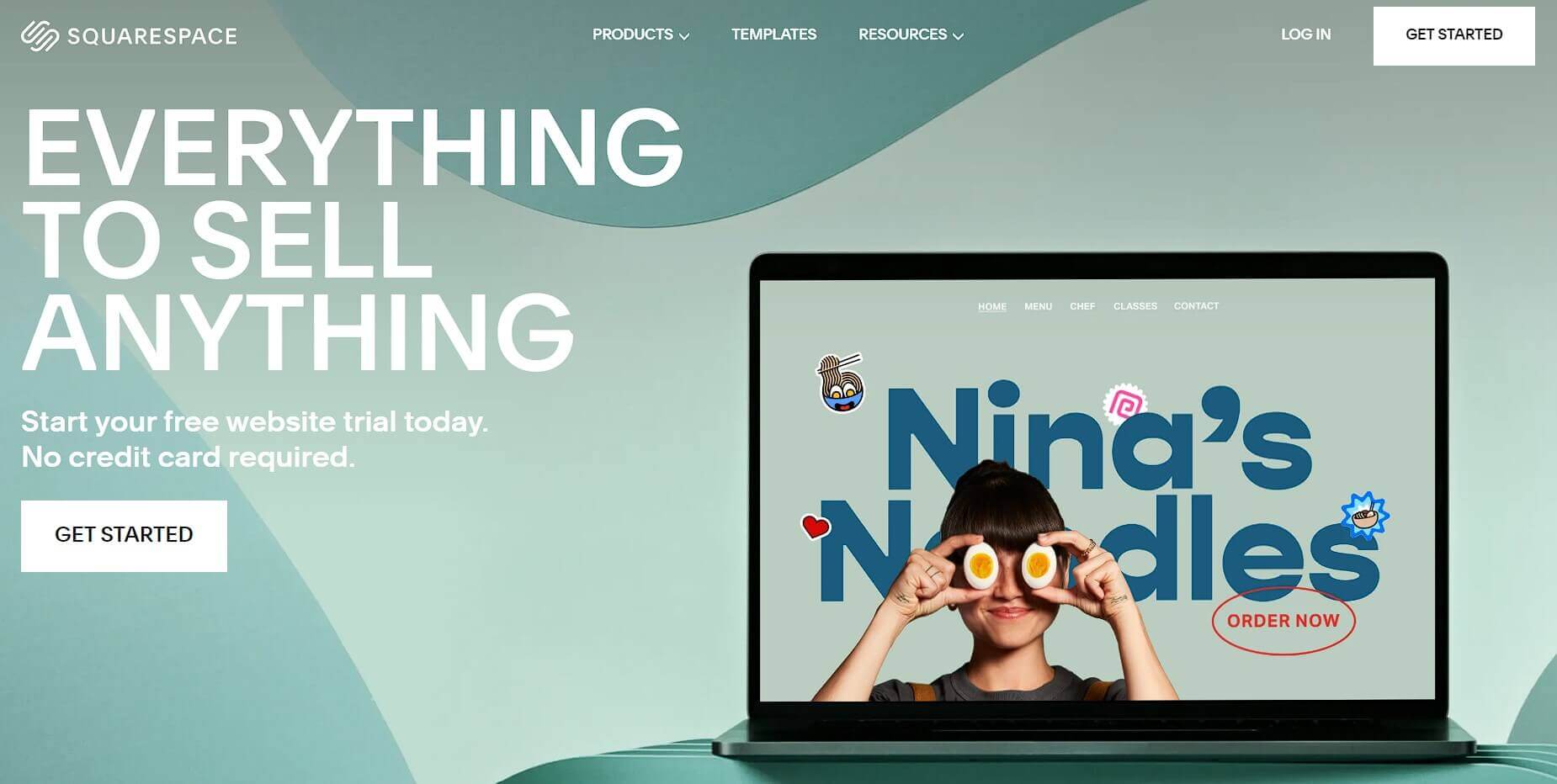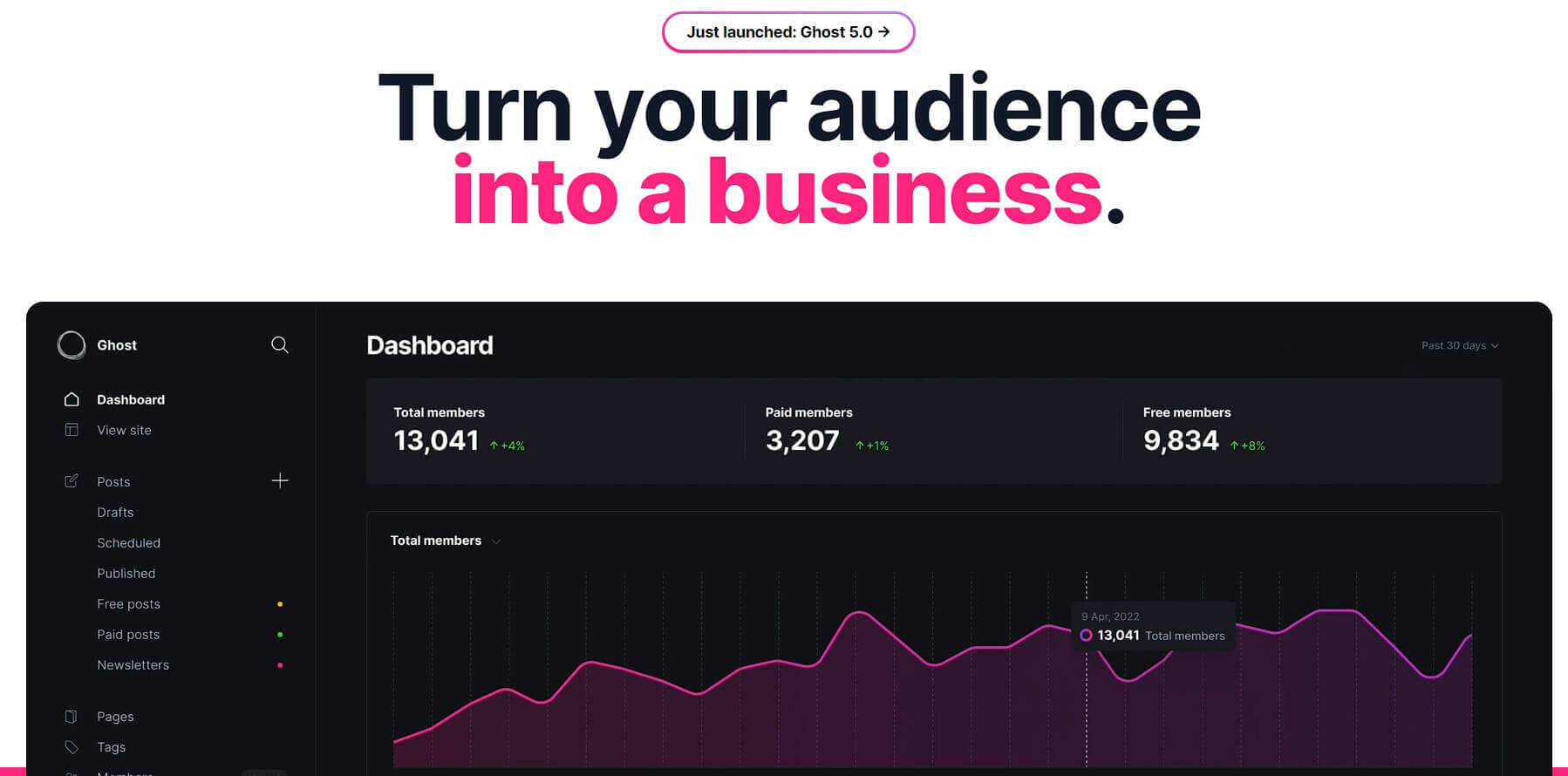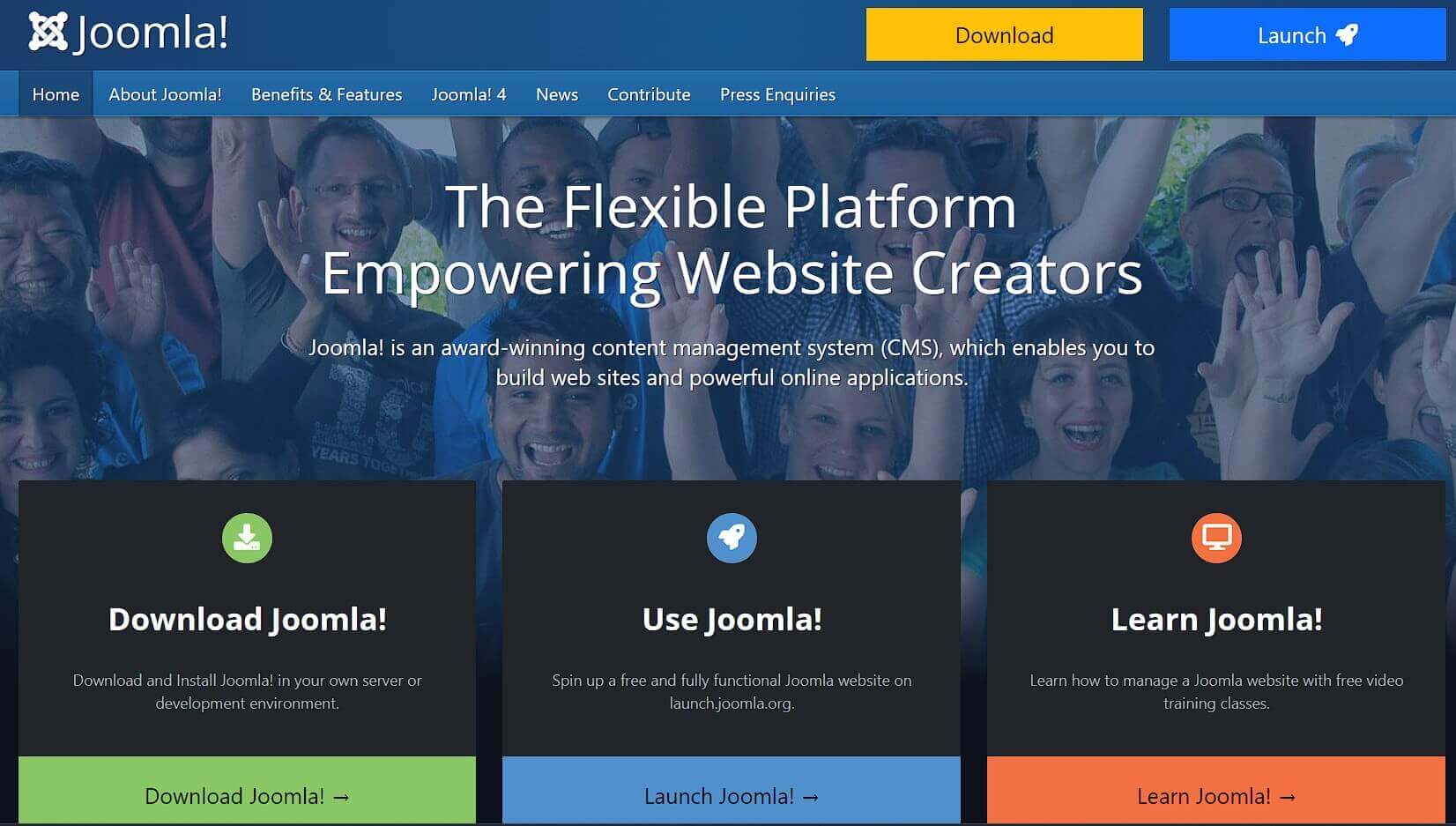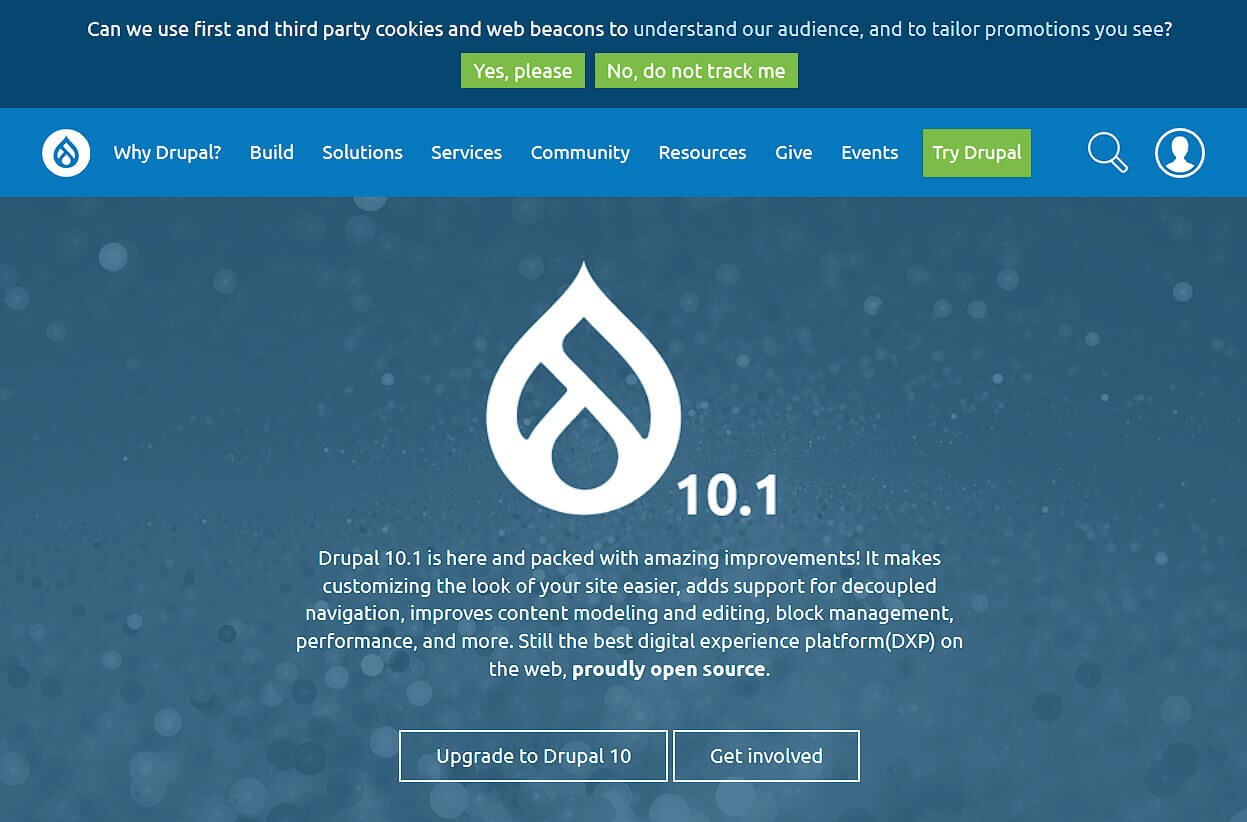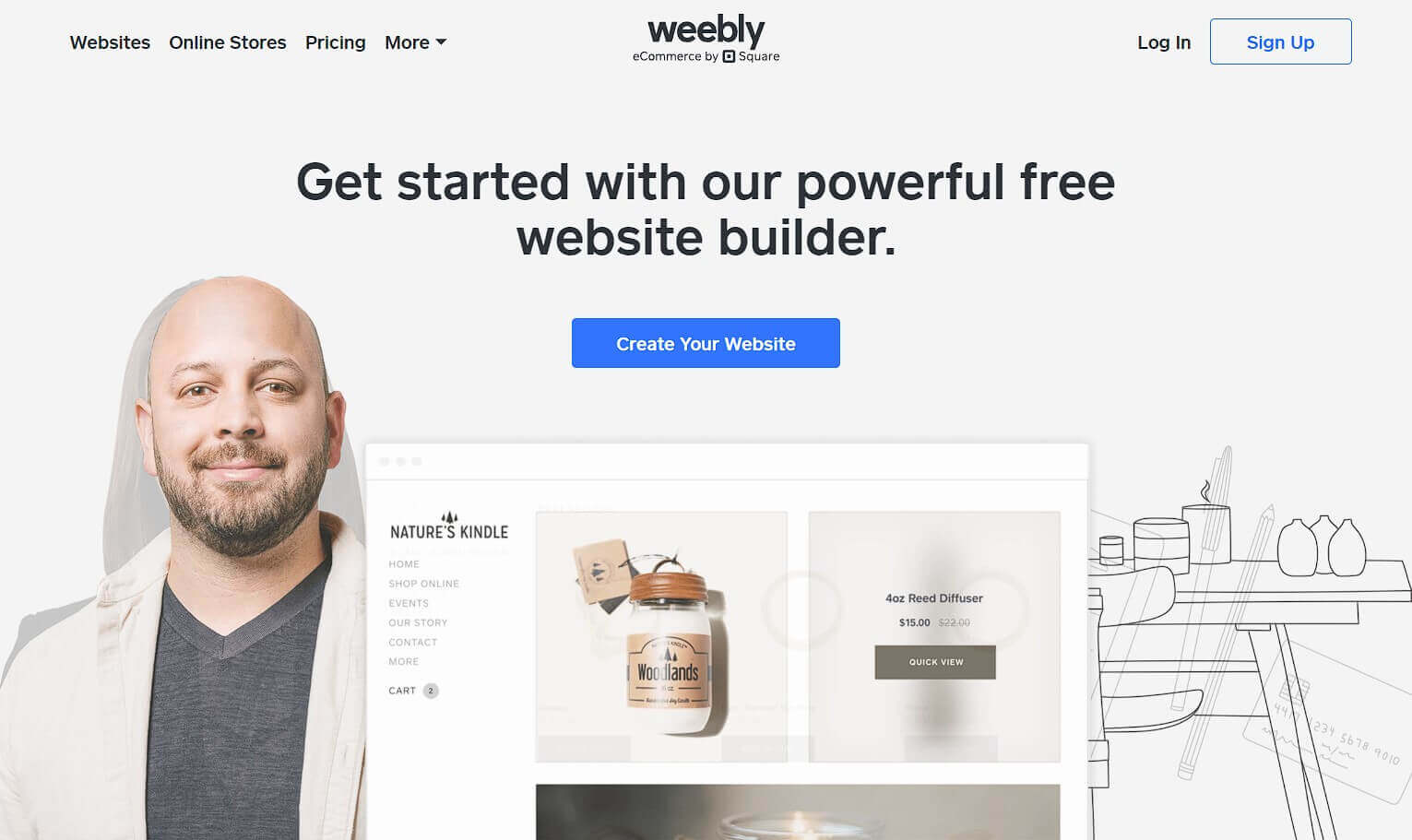Best Blogging Platforms: From Beginner to Expert
Estimated reading time: 5 minutes
Last updated on May 21st, 2024 at 07:17 am
Imagine you have a diary where you write down your thoughts and experiences.
Now, picture this diary being online for the whole world to read – that’s a blog!
But to make this online diary, you need something called a blogging platform.
Alright, here’s the deal.
Blogging platforms make it super simple for regular folks like you and me to create and manage our own websites without needing to be tech wizards.
Around 32% of all websites on the internet use some kind of blogging platform, making it a popular choice for sharing ideas, stories, and information.
What is a Blogging Platform and Why is it Important?
Imagine a blank canvas where you can share stories, ideas, and information with the world.
That’s what a blogging platform is—a tool or a space on the internet where you can create and publish content easily.
It’s like having your own stage to express yourself, whether it’s through writing, photos, or videos.
Now, why is this platform so crucial?
Well, consider this: Over 600 million blogs exist on the internet, and people read them every day to learn, be entertained, or find solutions to their problems.
A good blogging platform makes it simple for you to create, design, and share your content with this vast audience.
It’s like having a microphone to share your thoughts with the world.
Top Blogging Platforms for Every Blogger’s Needs
1. WordPress.org
Think of this as owning a house where you have complete control over everything—from design to functionality.
It’s powerful, flexible, and used by over 455 million websites worldwide.
WordPress powers around 42% of all websites globally.
It’s like building your own custom home on the internet.
You just need a Domain (Godaddy or Namecheap), Web Hosting (Cloudways) and a Theme (Themify Ultra).
2. WordPress.com
Now, this is more like renting a space.
You get to use the WordPress software, but someone else manages the technical stuff, like hosting and security.
It’s simpler and perfect for beginners who want to start blogging without worrying about the technical details.
About 37 million websites use WordPress.com for their blogs.
3. Blogger
Imagine getting a ready-made stage in a community park.
Blogger is like that—it’s a simple, user-friendly platform provided by Google.
It’s perfect if you want to start blogging without any technical hassles.
Over 500 million blogs have been created using Blogger, making it a popular choice for beginners.
4. Medium
Think of Medium as a cozy coffee shop where writers gather to share their thoughts.
It’s a platform that focuses on quality writing and storytelling.
Medium has around 170 million active users, creating a space where your content can reach a broader audience, especially if it’s engaging and well-written.
5. Wix
Picture a DIY store where you can pick and choose elements to build your blog—Wix is that store.
It’s a website builder that allows you to create your blog with drag-and-drop features.
Wix powers over 160 million websites, giving you the tools to design your online space without needing coding skills.
6. Squarespace
Imagine having a sleek, modern apartment in the city—Squarespace provides that for your blog.
It’s a website builder known for its beautiful templates and easy customization.
Squarespace hosts over 2.9 million websites, making it a choice for those who want a visually appealing blog without delving into complex technicalities.
7. Ghost
Think of Ghost as a minimalist studio where artists create their masterpieces.
It’s a platform built specifically for bloggers and publications.
Ghost focuses on simplicity and performance, and it’s used by around 1.1 million websites.
If you want a straightforward, distraction-free environment to focus on your writing, Ghost might be the stage for you.
8. Joomla
Consider Joomla as a community garden where everyone pitches in to make it vibrant.
It’s a powerful and flexible content management system (CMS).
Joomla is used by around 2.5 million websites and is perfect for those who want more control over their blog’s design and features, without diving too deep into complex coding.
9. Tumblr
Think of Tumblr as a bulletin board in a creative space, filled with short and engaging content.
It’s a microblogging platform that’s incredibly easy to use, with a focus on multimedia content.
With around 220 million monthly users, Tumblr is a lively community where you can share your creativity and connect with like-minded individuals.
10. Drupal
Imagine having a toolkit with all sorts of gadgets to customize your space—that’s Drupal.
It’s a robust and flexible CMS that’s great for building complex websites.
Drupal is trusted by over 1.4 million websites worldwide, making it a solid choice for those who want a scalable and customizable blogging platform.
11. Weebly
Picture having a building kit to construct your blog—weebly is just that.
It’s a user-friendly website builder that makes it easy to create a blog without technical headaches.
Weebly powers over 50 million websites and is perfect for beginners who want a simple yet powerful platform to kickstart their blogging journey.
Conclusion
“I Recommend WordPress.org”
After carefully examining the top blogging platforms, WordPress.org stands out as the best choice for bloggers.
WordPress.org, being a self-hosted platform, offers unparalleled control over your blog.
So that you have complete ownership of your content and can customize your website to reflect your unique style and branding.
Its extensive library of themes and plugins can help you boost your blog’s functionality and appearance, making it truly one-of-a-kind.
